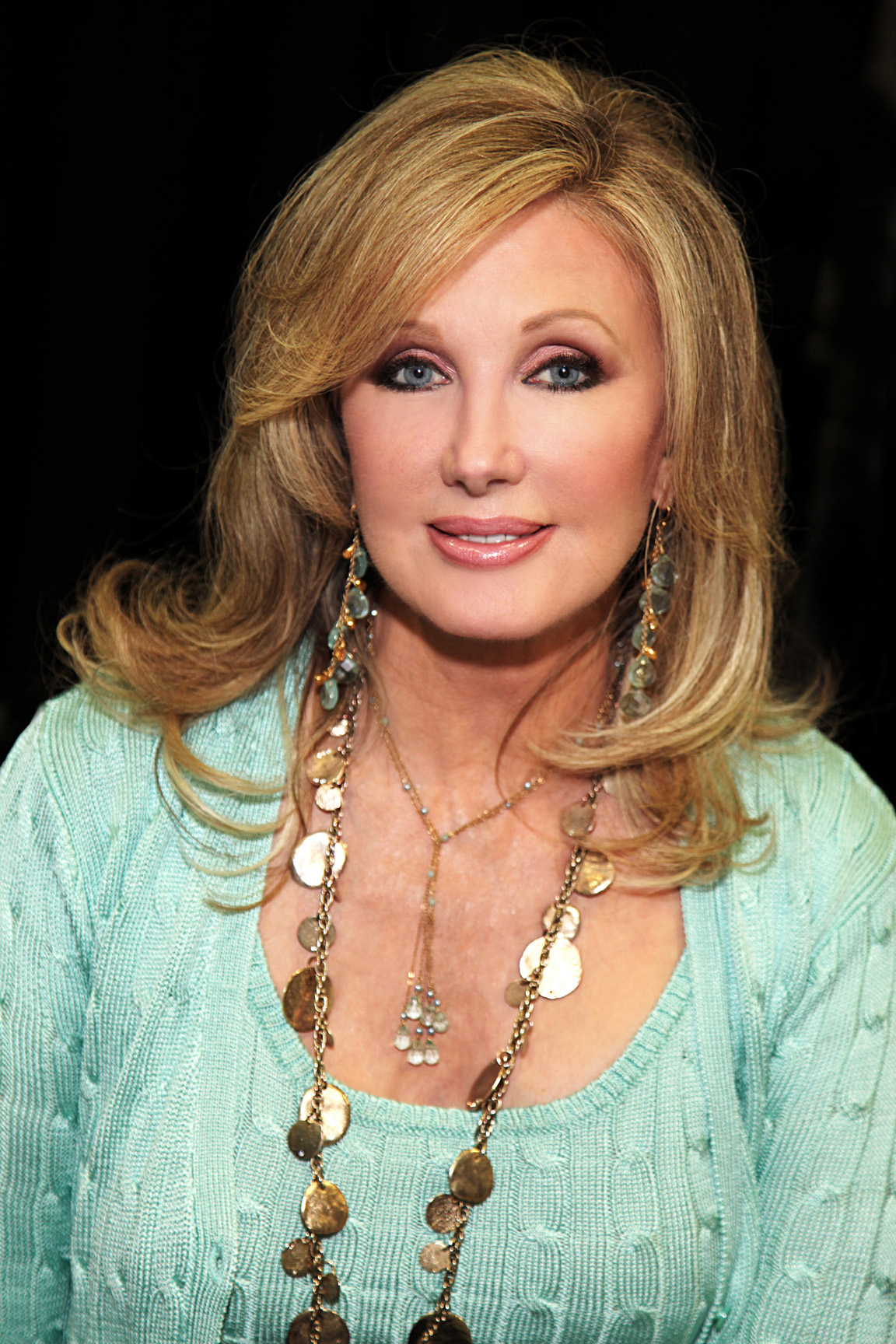Geena Davis
Explore the timeline of Geena Davis, an Academy Award-winning actress and advocate for gender equality in media. Discover her iconic film roles, groundbreaking television appearances, and her impactful work with the Geena Davis Institute on Gender in Media.
Geena Davis' Film Debut
Geena Davis made her acting debut in the film "Tootsie," released on December 17, 1982. In the movie, Davis played the character April Page, a soap opera actor. Although the role was relatively small, her performance was well received and marked the beginning of her illustrious acting career. "Tootsie" starred Dustin Hoffman and was both a commercial and critical success, which helped Geena Davis gain further roles in Hollywood.
Geena Davis Wins Academy Award
On March 29, 1989, Geena Davis won the Academy Award for Best Supporting Actress for her role in the film "The Accidental Tourist." Released on December 23, 1988, Davis played the eccentric dog trainer Muriel Pritchett. Her performance was widely praised and demonstrated her versatility and talent as an actress. This recognition cemented her status as a prominent figure in Hollywood, opening doors for more challenging and varied roles.
Thelma & Louise Released
"Thelma & Louise," starring Geena Davis as Thelma Dickinson alongside Susan Sarandon, was released on May 24, 1991. The film follows two women on a road trip that quickly escalates into a run from the law. It was a critical and commercial success and became a cultural landmark for its themes of female empowerment, friendship, and breaking free from societal confines. Davis's compelling performance earned her critical acclaim and a nomination for the Academy Award for Best Actress.
A League of Their Own Released
Geena Davis starred in the beloved film "A League of Their Own," released on July 1, 1992. The film, directed by Penny Marshall, depicted the true story of the All-American Girls Professional Baseball League. Davis played Dottie Hinson, the star catcher who leads her team with skill and determination. Her performance contributed to the film's success as a feel-good story about women's roles during World War II, and it remains a favorite among audiences.
The Geena Davis Show Debuts
The Geena Davis Show was an American sitcom that aired on ABC from October 10, 2000, to July 19, 2001. Geena Davis starred as Teddie Cochran, a glamorous woman trying to adjust to suburban life. This show marked Davis's return to television as a lead, continuing to showcase her comedic talents. While the show had a short run, it was part of the wave of early 2000s sitcoms that focused on family and domestic life, and it helped maintain Davis's presence in popular entertainment.
Geena Davis Co-founds the Geena Davis Institute on Gender in Media
In 2004, Geena Davis founded the Geena Davis Institute on Gender in Media, dedicated to increasing the presence of female characters and reducing gender stereotyping in media targeting children. Driven by Davis's observations and research, the institute advocates for gender balance and fosters positive representations of women. It uses empirical research, education, and advocacy to empower girls and women, reflecting Davis's commitment to societal change and influence in media.
Commander in Chief Premieres
On September 27, 2005, the television series "Commander in Chief" premiered on ABC, starring Geena Davis as the first female President of the United States, Mackenzie Allen. The show addressed themes of politics, gender roles, and leadership. Davis's portrayal earned her a Golden Globe Award for Best Actress in a Television Series Drama. Although it ran for only one season, the series was praised for its engaging portrayal of a woman in power and resonated with audiences.
Geena Davis Receives Women in Film Lucy Award
On September 23, 2009, Geena Davis was awarded the Women in Film Lucy Award for her innovation in communication and media for contributing to a more equitable portrayal of women through her advocacy work with the Geena Davis Institute on Gender in Media. The award celebrated her efforts to educate and influence the industry to consider gender parity and representation, reflecting her active role in promoting positive change and diversity in the media landscape.
Geena Davis Receives Jean Hersholt Humanitarian Award
The Academy of Motion Picture Arts and Sciences awarded Geena Davis the Jean Hersholt Humanitarian Award on October 1, 2020, acknowledging her humanitarian efforts to promote gender equality in film and television. This prestigious award recognized her influence beyond acting, highlighting her commitment to diversity and inclusion through her work with the Geena Davis Institute on Gender in Media. The award emphasizes her enduring legacy and impact on the industry and society at large.
Davis's Equity in Media Activism
In August 2021, Geena Davis continued her activism for gender parity in Hollywood by speaking out and participating in initiatives to improve diversity and representation in film. Her continued advocacy through the Geena Davis Institute on Gender in Media underscores her unwavering commitment to these causes. Through public speaking, research dissemination, and collaboration with industry leaders, Davis continues to champion for change and ensure that diverse stories are represented.
Frequently asked questions about Geena Davis
Discover commonly asked questions regarding Geena Davis. If there are any questions we may have overlooked, please let us know.
What other accomplishments is Geena Davis known for?
What are some of Geena Davis's most notable films?
Has Geena Davis won any awards for her acting?
When was Geena Davis born?
Related timelines
More timelines connected to Geena Davis







